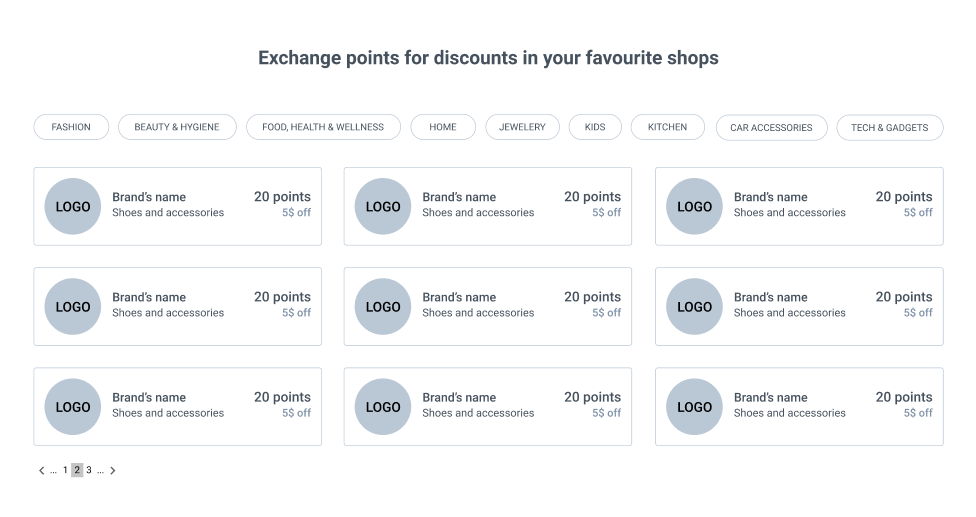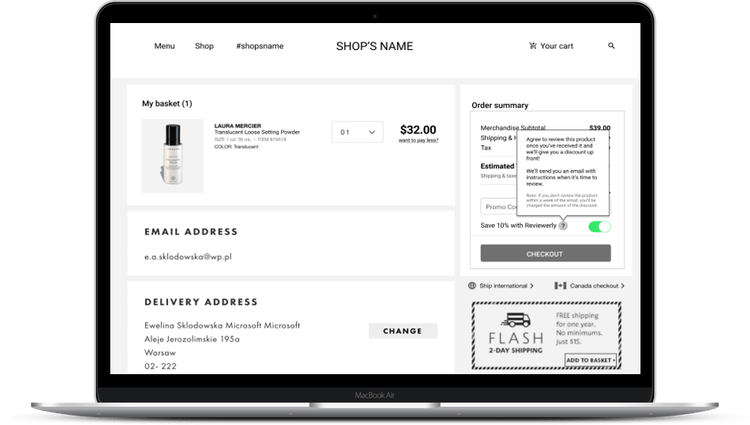Reviewerly: An Origin Story

Let’s make one thing clear: This post isn’t about plants (sorry botanists, please don’t leave a negative review). Instead, I’m talking about Reviewerly’s genesis as a tech startup. Interesting, right? Let’s jump in.
The Idea
Believe it or not, I’m not an eCommerce store owner—never have been, probably never will be. So, where did the inspiration for Reviewerly come from? Well, it’s complicated.
In the summer of 2018, I finished writing a nonfiction book titled “The Art of Writing: 4 Principles for Great Writing that Everyone Needs to Know.” Yes, I was an author before I became an entrepreneur. At the time, I intended on self-publishing it. That entailed doing all of the marketing work myself, including finding people to review my book (in the publishing world, Amazon reviews are critical).
As you may have guessed, things didn’t turn out too well. I paid hundreds of dollars for this software that was supposed to help self-published authors generate reviews quickly. It allowed you to see Amazon customers who had reviewed a book in the same genre as yours so you could reach out to them via email, asking kindly for a review in exchange for a free copy of your manuscript. Short story: I reached out to hundreds of “prospective reviewers” and didn’t get anything in return.
I was so frustrated I decided it was time for me to create my own software catered to authors (not eCommerce stores). Oops. Instead of explaining all of my “failed innovations,” I’ll give brief one-sentence pitches for all of them. Beware: These have all been made on the spot (except for the last two).
Idea #1 (I just copied the software I bought, except you could find reviewers on marketplaces besides Amazon, such as eBay)
A tool that allows you to find customers who have reviewed similar books so you can reach out to them via email, asking politely for a review in exchange for a free copy of your manuscript.
Idea #2 (same concept but applied to any eCommerce product, not just books)
A tool that allows you to find customers who have reviewed similar products so you can send them yours free of charge in exchange for a review.
Idea #3 (back to books…)
A two-sided platform where authors can give eBooks out for free in exchange for reviews.
Idea #4 (screw books; let’s target online course instructors)
A two-sided platform where instructors can give online courses out for free in exchange for reviews on Udemy, etc.
Idea #5 (nah, let’s target app developers)
A two-sided platform where developers can give early access to their unreleased apps in exchange for feedback.
Idea #6 (how about we focus on all digital products?)
A two-sided platform where creators can give digital products out for free in exchange for reviews and feedback.
Idea #7 (let’s include physical products, too)
A two-sided platform where creators can give products out for free in exchange for reviews and feedback.
Idea #8 (not for free but for discounted prices; otherwise, profit margin might be too low)
A two-sided platform where creators can give product discounts in exchange for reviews and feedback.
Idea #9 (let’s go back to eCommerce—I stuck with this idea for a long time)
A user-generated content app that helps eCommerce store owners get product reviews by rewarding customers with discount points.

Idea #10 (PIVOT, haha!)
A user-generated content app that helps ecommerce store owners capture reviewers at checkout, set expectations from the get-go, and generate product reviews risk-free.
A Brief History of Names & Logos
I spent way too much time in the early days brainstorming names and logos instead of getting shit done. I would bug my friends and family constantly, contemplating for hours on end which name “sounded better” and coming up with obscure “deeper meanings.” Here’s some of the names that were on the list:
• Product Review Pro
• Revuture
• Revunity
• Revunison
• Revunicorn
• Revusion
• RevYOU
• RevU
• Revuper
• Testimon.io
Eventually, I went with the name “Reviewerly” because a) my friends and family were stubborn that it was the best one, and b) they were right. Beyond that, even my contracted developers told me “Reviewerly” was the better name.
But now that I had settled on “Reviewerly,” an even more formidable task stood before me: Designing a company logo. This took me far longer than I’d like to admit, and many of the logo designs were deleted, so I can’t share all of them. However, this was roughly the progression of logo designs for Reviewerly:




Again, I regret the fact that I trashed so many of the other logo designs; there were some truly interesting ones (not good, to be clear).
What I Learned
There’s way too much to talk about here. Still, the most valuable lesson was: Your first idea is going to be shit; your second idea is going to be shit; your third idea is going to be shit. In my case, it took ten attempts to formulate an idea that’s viable and innovative. And I’m still testing that out.
So, what was the engine that drove me from the first idea to the current one (impotant to point out that I didn’t say “last”)?
Get out the door and talk to users.
I have experienced many instances of “luck” throughout my entrepreneurial journey, and I’d say talking to other people about my idea has probably been the most lucky thing yet.
The turning point that led the transition from idea #9 to idea #10 was when I talked to a UX designer from YC Startup School and an eCommerce store owner from this incubator program I applied to. They both agreed that the former idea was terrible (for the same reasons) and proposed a different solution that closely mimicks the Reviewerly I have today. If I had never spoken with them, things would have been completely different.
Thank you Cameron and Ryan, your help has been immeasurable.
The Present/Future?
Things have been going alright for me so far. I recently gained admission into the very startup incubator where I found Ryan, so that’s been a huge blessing.
The immediate gameplan is to raise pre-seed capital, launch the MVP, and begin a streak of serious iteration.
I can’t wait to see what the future holds.
Want 75% OFF Reviewerly?





1 Comment
Peter Yang · September 16, 2019 at 12:16 am
Check out our post on Medium: https://bit.ly/2kKYN45. Don’t forget to give us a clap (or 50)!
Comments are closed.